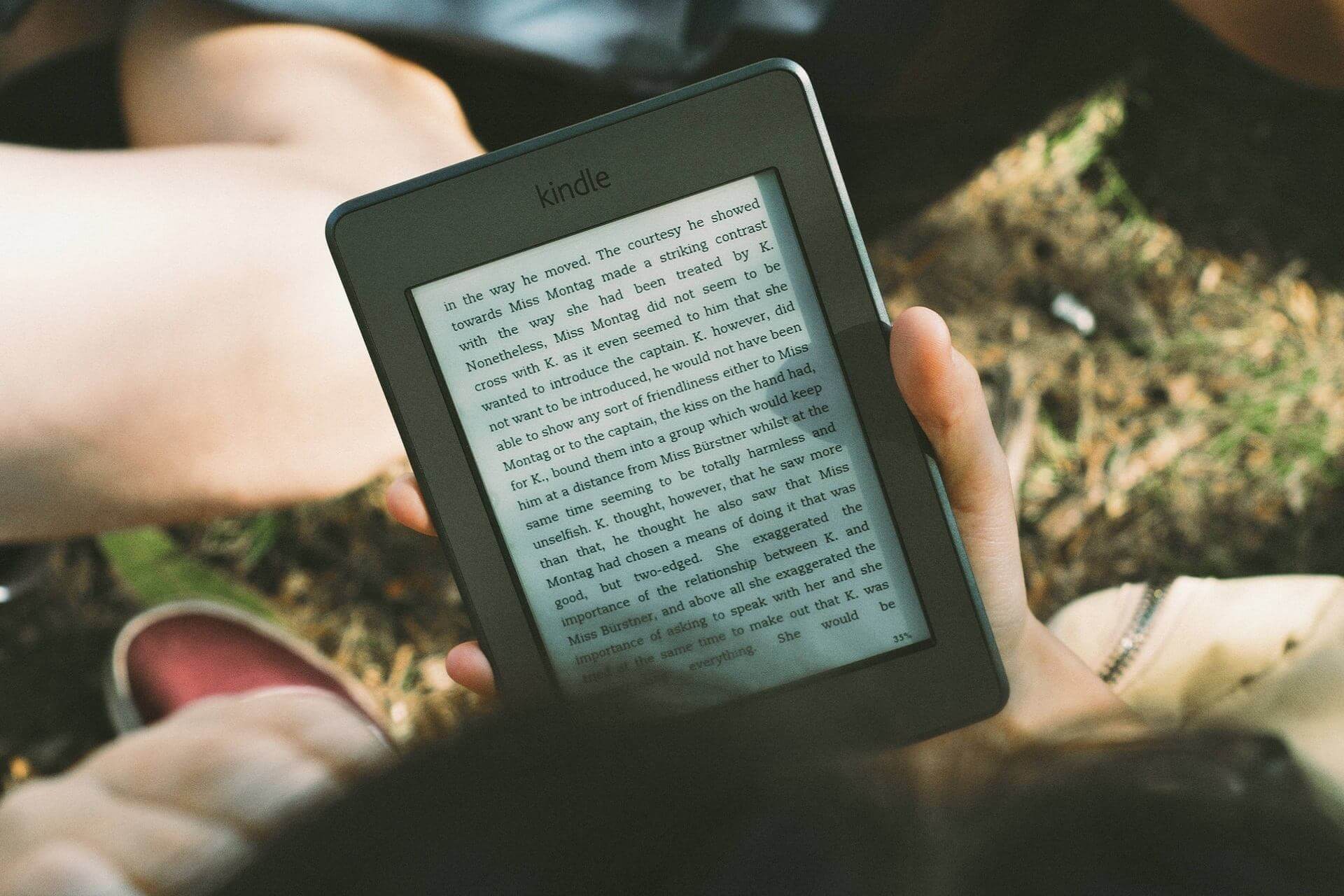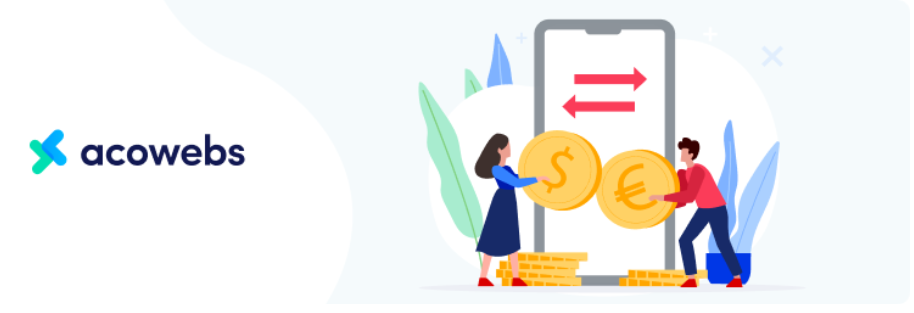

When I'm scrolling through something online, I generally cannot think deeply about it, whereas I can if I'm reading about it with a pencil in hand, jotting notes and underlining key words. Just the act of holding a book and turning pages helps me concentrate. It helps my brain concentrate and record the information. I learn through writing and through feel.
#How to send files to kindle without plugging in pdf
I can flip through the book or papers until I find the same spot, When I read on a screen-whether a PDF or a forum-I cannot remember where information is located and I have to do word searches or skim through everything.Īlso, I'm a tactile learner. When I read a paper book-or even PDFs printed out-I can generally remember where on a page a quote or scene was located, and what the paragraph looked like. But, it was really difficult to concentrate-my mind would wander a lot more when reading on a screen, and I had a much harder time finding the information again. Granted, I've never used a kindle or a tablet to read, just computer screens. In college, we often had assigned readings that were in PDF format, and I found them so hard to concentrate on. But I also find it more difficult to find information in reference ebooks. The reasons why I bought reference books on an e-reader when I already have a paper copy on my shelf is because my e-reader is lighter and smaller than most books, so it's portable. If the battery wasn't so efficient, I don't think I would like e-readers as much. The old Kindle that I've had forever and has since given to a family member who uses it more than I did, only needs charging three or four times a year. My kindle paperwhite (with the glowing screen and at least half an hour a day) requires charging every two or three months. The tablet needs charging several times a week. That's another thing I love about a kindle vs a tablet. My kindle paperwhite has scrolling options for some (possibly more) files and books. With page turns, however, the text changes all at once and always goes to the top. I find it very difficult to discover my place when the text moves, and it makes me motion sick. (But I can still see how paper's illumination profile can sometimes be better.) IIRC most humans can't see at any better than 300DPI. And a friend posited another advantage most don't consider: if your stuff is being stolen or seized, e-books can be easily deleted, preventing the thief from gaining from their crime.įinally, most newer phones and tablets, as well as good E-ink based readers, have a resolution so good that it is virtually indistinguishable from paper. These are in addition to the obvious advantages of E-books like being able to have a virtually unlimited umber of books. But the same file will come out different on different printers, voiding PDF's entire reason for existing.) I've tried making PDFs where I needed exact measurements, down to the millimeter. To me PDFs should ONLY be used when something MUST be printed and MUST be printed in the exact same layout each time. It doesn't allow text to reflow when you resize it, so if you need to make the text larger to read it then you often end up having to move the screen left & right constantly to see the entire line. It is a poor hack of a data format (I had to look into it a long time ago as a programmer) designed specifically for printing - and it can't even get that right. It keeps the entire para in view so I can consume it all at once.Īnd I despise PDF. Even if they just had a button that scrolled to the next paragraph that might work - that's how I read, read a paragraph then scroll to the next one. But they also keep it in their phone and tablet apps. That's because the screen technology uses so little power that they can't refresh fast enough to keep up with scrolling. I can understand why they kept the page in their E-ink readers. But a page break is unnatural and takes you out of the flow. Each of those has natural breaks between them, which allow you to ingest the info. Content is made up of letters, which make words, which make sentences, which make paragraphs, which make chapters, which make books, which make volumes. With a physical book you have to use pages, but they are an artificial construct unrelated to the content. I can't use Kindles because they idiotically choose to keep one of the worst features of physical books - turning pages.

Just the act of holding and manipulating them puts me to sleep.


 0 kommentar(er)
0 kommentar(er)
